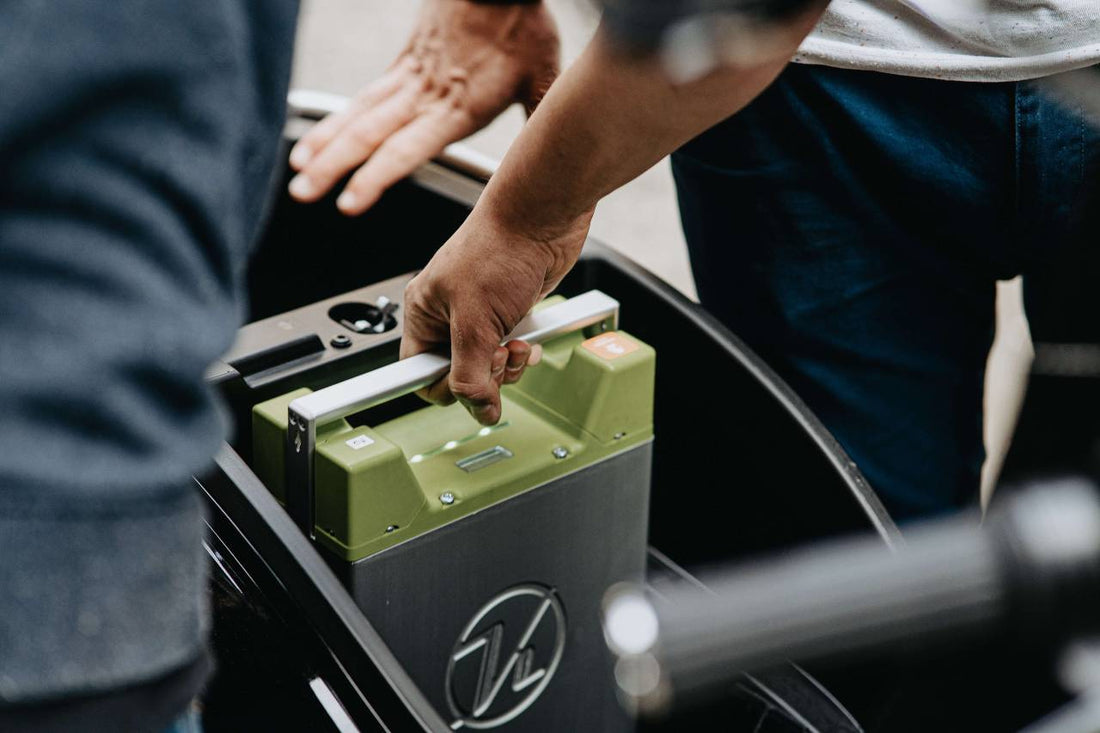This Battery A-Z Guide has been put together to provide a quality source of information for those in the leisure and commercial battery industries. It covers all aspects of battery terminology. So whether you are looking for a definition of a particular word or want to know more about a certain type of battery, this guide is here to help.
The 12v Equipment in a caravan or motorhome relies on leisure battery, this important item not only supplies power to the appliances but retains the charge when on the road or moving from site to site. A caravan or motorhome owner will need to consider the different types of leisure batteries and how they work before making a purchase.
When we talk about batteries, there are four main types: lead acid, lithium ion, nickel-cadmium (NiCd), and nickel-metal hydride (NiMH). Each has their own benefits and drawbacks, so it's important to choose the right one for your needs
Lead acid batteries are the most common type of battery used in cars and other vehicles. They're also frequently used in backup power systems and solar energy storage systems. Lead acid batteries have a high power density and are relatively inexpensive to manufacture. However, they also have a shorter lifespan than other types of batteries and can be damaged by overcharging.
Lithium ion batteries are the most popular type of battery used in portable electronics, such as laptops and cell phones. They're also increasingly being used in electric vehicles. Lithium ion batteries have a high energy density and are lightweight. They also have a long lifespan and can be recharged many times before they need to be replaced. However, lithium ion batteries are more expensive than other types of batteries and can be damaged by overcharging.
Nickel-cadmium (NiCd) batteries were once the most popular type of battery used in portable electronics. However, they have been largely replaced by lithium ion batteries in recent years. NiCd batteries have a high power density and can be recharged many times before they need to be replaced. However, they are more expensive than other types of batteries and can be damaged by overcharging.
Nickel-metal hydride (NiMH) batteries are similar to NiCd batteries, but they use a different type of metal (nickel instead of cadmium) in their electrodes. NiMH batteries have a lower power density than NiCd batteries and can't be recharged as many times before they need to be replaced. However, they're less expensive than other types of batteries and are less likely to be damaged by overcharging.
Batteries are at the heart of every 12v system, providing the power to run everything from the lights and fridge, to the TV and water pump. But with so many different types and sizes of battery on the market, it can be hard to know which one is right for your needs.
Terminology
Battery: A device that converts chemical energy into electrical energy.
Battery Capacity: The amount of charge a battery can hold, measured in Amp hours (Ah).
Battery Charge: The process of adding electrical current to a battery, in order to increase its stored energy.
Battery Voltage: The electrical potential difference between the positive and negative terminals of a battery. Measured in volts (V).
Battery Discharge: The process of using up the stored energy in a battery, by supplying electrical current to an external load.
Battery Efficiency: A measure of how well a battery converts chemical energy into electrical energy. Battery efficiency is usually expressed as a percentage.
Purchasing Guidance:
When choosing a battery for your caravan or motorhome, it's important to consider the following factors:
- Battery capacity: The higher the capacity, the longer the battery will last before needing to be recharged.
- Battery voltage: Most 12v equipment is designed to work with a lead acid battery. If you're using a different type of battery, make sure the voltage is compatible.
- Battery efficiency: A higher efficiency means less energy is wasted in the conversion process.
- Battery size: Make sure the battery will fit in the available space.
- Battery weight: If you're limited on space, a lighter battery may be a better option.
Due to the variation in quality, price and actual performance across the board on leisure and commercial batteries the NCC (National Caravan Council) have introduced a standard across all leisure batteries called the Leisure Battery Verification Scheme that ensures all batteries that are made fit a minimum standard of all those features.
This gives the customer some peace of mind that they are getting a quality product.
The Battery Council International (BCI) is a trade association of battery manufacturers, recyclers and distributors. BCI provides guidance on battery selection, use and disposal. They also offer a Battery Recycling Locator service to help you find a recycling center near you.
When it comes to batteries, there's a lot to know. But armed with the right information, you can be sure to choose the best battery for your needs. And if you're ever unsure, don't hesitate to ask a professional for help.
Happy caravanning! (or motorhoming, boating, etc.)

 Lithium Specialists
Lithium Specialists Free Battery Shipping
Free Battery Shipping High-Quality Batteries
High-Quality Batteries Unrivaled Support
Unrivaled Support Victron Approved
Victron Approved